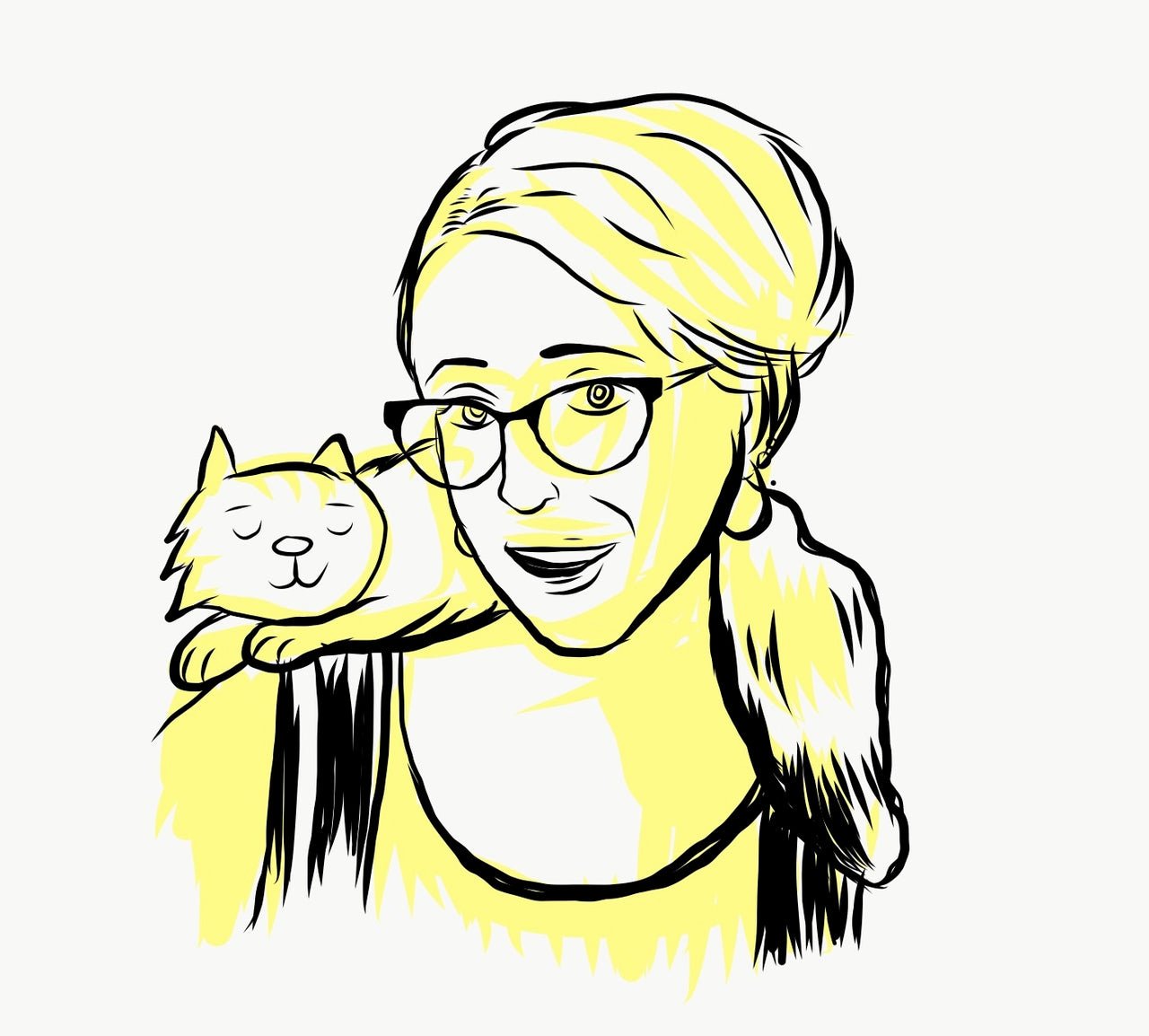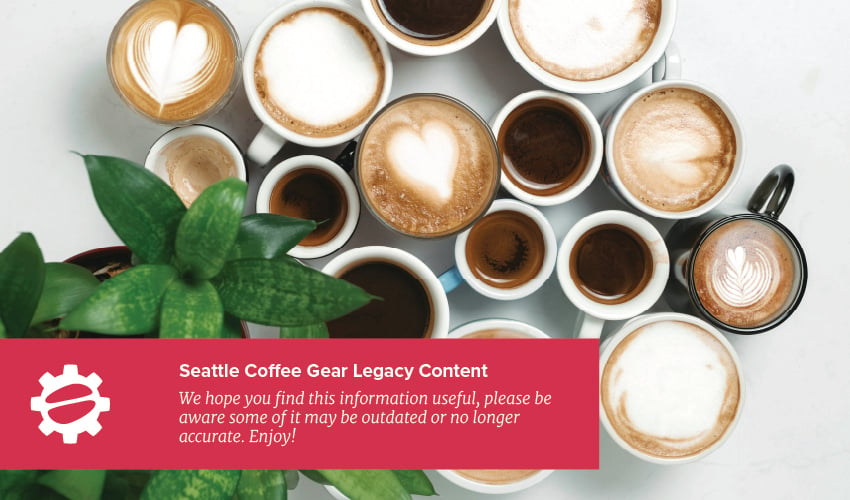This past Tuesday, we headed into the third lecture of the Coffee From the Grounds Up series, being held at the University of Washington in conjunction with the Burke Natural History Museum's exhibit Coffee: The World in Your Cup. Unfortunately, we had a last minute scheduling conflict, so weren't able to attend last week's lecture on Direct Trade -- very bummed about that. Tuesday night's lecture was from an anthropological perspective and was entitled Why We Love Coffee. The speaker was professor Eugene Anderson and covered the social, cultural and economic factors that make caffeine-based drinks such an essential element of so many societies. Professor Anderson explores the impact of all types of drinks that contain caffeine -- from coffee to tea to yerba mate to even cola -- and it was quite fascinating to hear about the importance these stimulant-based beverages have in different societies. Some of our notes from the lecture were:
- Purchasing shade grown coffee is one of the most powerful choices we can make as consumers because they're promoting fabulously diverse nature preserves around the planet
- Caffeine works by preempting the adenosine receptors in our brain which regulate our sleep cycles and the acclimation process inspires our body to create more adenosine receptors, which is why we need more caffeine over time to experience the same result -- your body will keep producing these receptors because you need to sleep, eventually
- Chocolate was used historically in a similar method as coffee, but the chocolate houses around the world slowly transitioned to coffee houses because it takes less coffee than chocolate to produce the same result, and coffee has little-to-no calories, whereas chocolate will make you feel full after awhile because of it's high caloric composition
- The UK and other members of the Commonwealth are so tea-centric due to the coffee rust blight that wiped out the coffee plantations in India and Sri Lanka -- after this happened, the plantations replanted with tea instead, which is why these societies became such renowned tea drinkers
- Coffee houses were historically notorious hotbeds of rebellion -- the American Revolution was born out of coffee houses, and it's no secret that the Beat generation, which fed into the 60's hippie movement in the US, spent a lot of time fomenting their resolve in coffee houses (Cafe Trieste in San Francisco is one such legendary place where the likes of Alan Ginsburg and William S. Burroughs wrote/read/ranted)
- Feminist politics were also born from coffee, although more so in private spaces, the coffee klatches of yesteryear were spaces in which women could get together in order to discuss their own version of what many considered subversive politics -- that is, equal rights
- The rise of what some consider 'yuppie coffees' -- ie. Starbucks gourmet lattes, etc. -- has turned the coffee house from a place of the working classes to the haunts of the leisurely, privileged class
- There is intense ritualization of coffee and caffeine-based drinks around the world; the highest per capita coffee intake is in Finland, which has an incredibly sacred, detailed and intricate ceremony that developed over hundreds of years and involves the evolution of the bread that was adopted/adapted by several different cultures -- one notable evolution is Jewish challah
- Many of the aforementioned ceremonies were developed as a method for creating community or celebrating the sacred. For example, the Sufis developed a ceremony that involved coffee simply because it helped them stay awake for the other aspects of the ceremony
- The explosion of coffee consumerism over the last 300 years can be tracked to an increased adherence to time/alarm clocks (something driven largely by the industrial revolution), work discipline trends and the gourmetship/connoisseurship of the bean
- Coffee houses were also historical places of business. We're used to seeing folks working on laptops at the local cafe, and this is a natural evolution of what used to be considered the poor man's or working man's office. Establishments such as Lloyds of London began as a coffee house, frequented quite often by members of the maritime industry, which eventually developed into an insurance/bonding firm that is now famous for some of their more unique insurance policies. It was quite typical that community or labor leaders would have their specific hours at a specific table and the locals could find them there during those 'office hours' at the local coffee house
- Coffee houses -- and all houses that serve caffeine-based drinks -- serve the very vital function of the 3rd place. The 3rd place refers to a non-work, non-home environment that allows for community, society and brings people together -- they are intrinsic locations for humans and the societies in which they live, as they help them to both adapt to and survive the system


